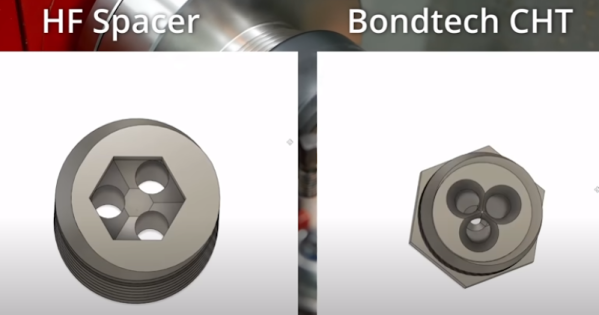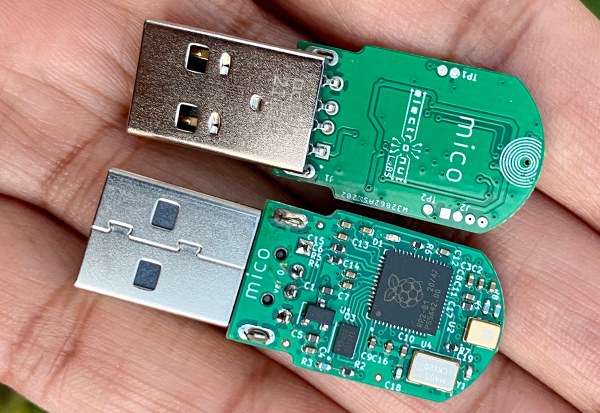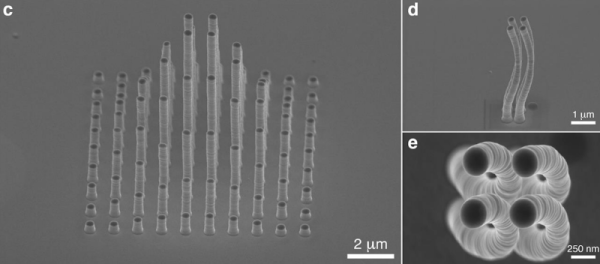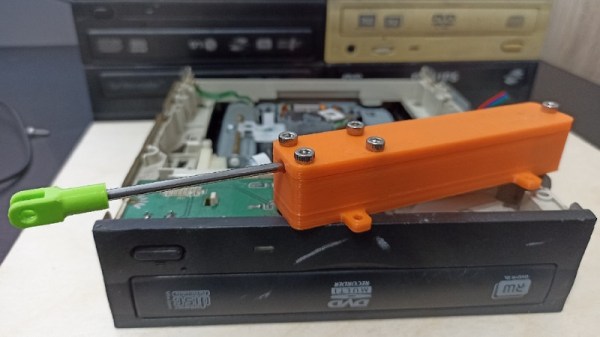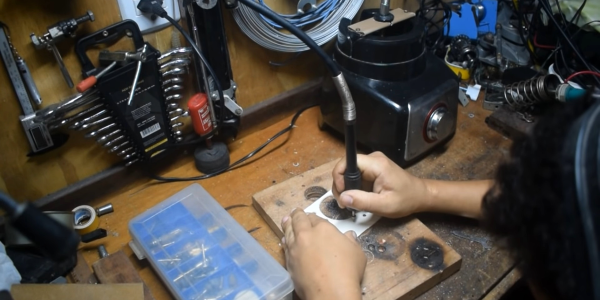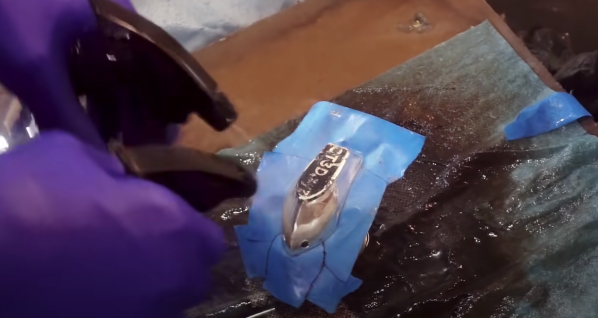Sometimes we’re impressed by the sheer audacity of a project. [Stefan] rarely disappoints in that area, and his latest video shows him making an adapter to convert a normal 3D printed nozzle into a high-flow nozzle, similar to one you’d find on a Volcano. We say similar because [Stefan] took the trouble to drill three holes in the adapter to increase the melting surface area. The audacious part is that he doesn’t really have the machine shop to drill three tiny precision holes in close proximity — and he shows us the pictures to prove that he didn’t get it right the first (or fifth) time. But he did stick with it and got good results.
Why do such a thing? He wanted to mount the high-efficiency nozzles he’s been experimenting with on the Volcano extruder. The commercial one, in particular, doesn’t come in the extended size. To simplify things, he started with a long brass insert. The conical hex cut offers a natural center point if you are satisfied with a single hole through the center of the adapter. The hex cutout allows you to use a key to install or remove the spacer easily.
The idea behind the longer nozzles is that the filament has more time at temperature and can therefore move faster and still melt. The additional surface area should help, too. Of course, [Stefan] does plenty of testing and you can see the results in the video. A Volcano nozzle started misbehaving around 25 mm/s but at 30 mm/s, things started going bad. The CHT nozzle on the homemade standard spacer stayed working up to 30 mm/s and even at 60 mm/s was doing better than the standard nozzle at 45 mm/s. Sadly, the multiple holes in the special adapter caused worse extrusion performance, presumably by increasing pressure in the extrusion system. However, it did work well in real-life printing. Since the single bore adapter and the CHT nozzle worked great we don’t think it would be worth making the more complex one, as impressive a feat as that was.
[Stefan] thinks a lot about nozzles. He worries about wear, of course. He also built his own version of the high-flow nozzle.

